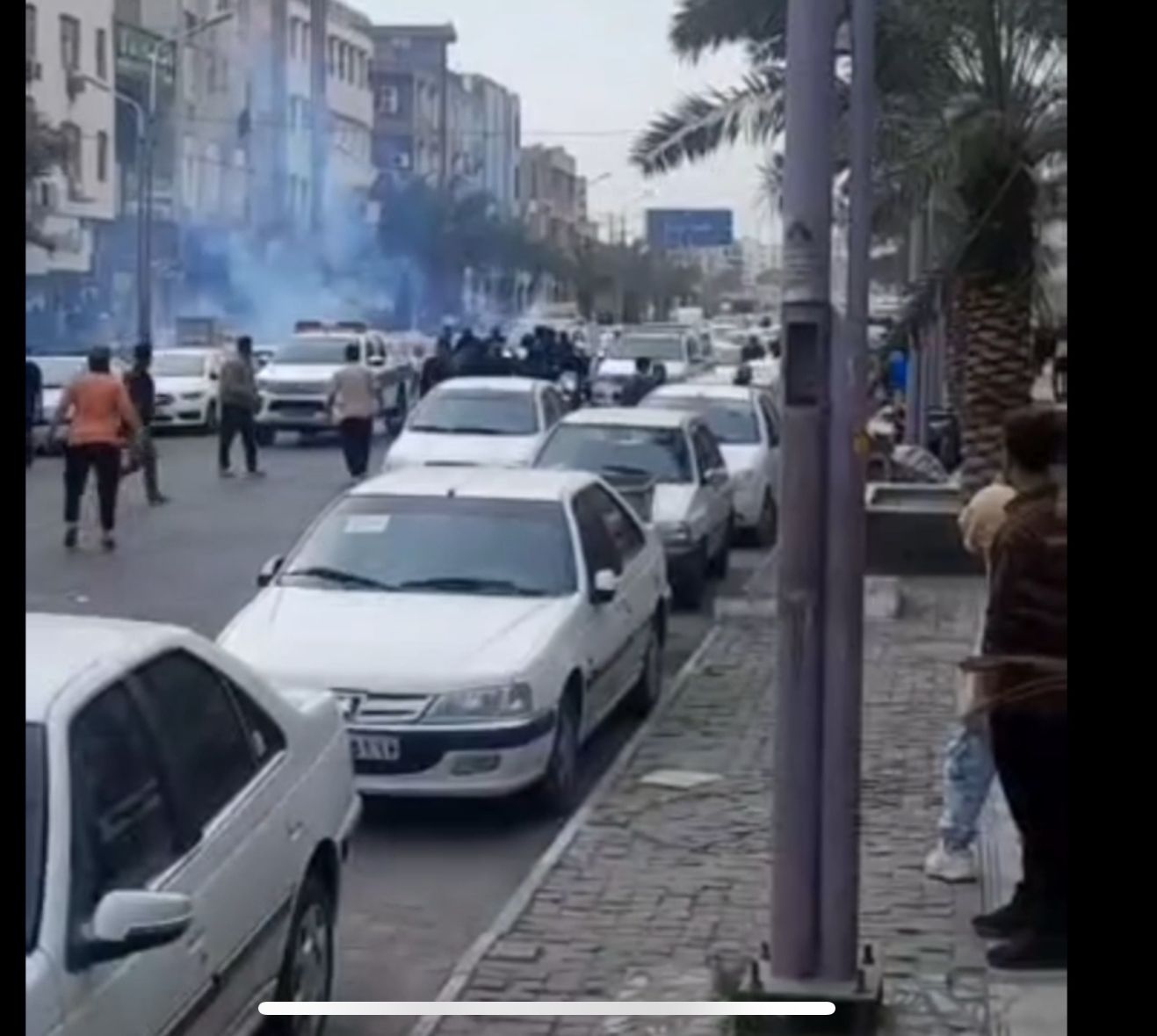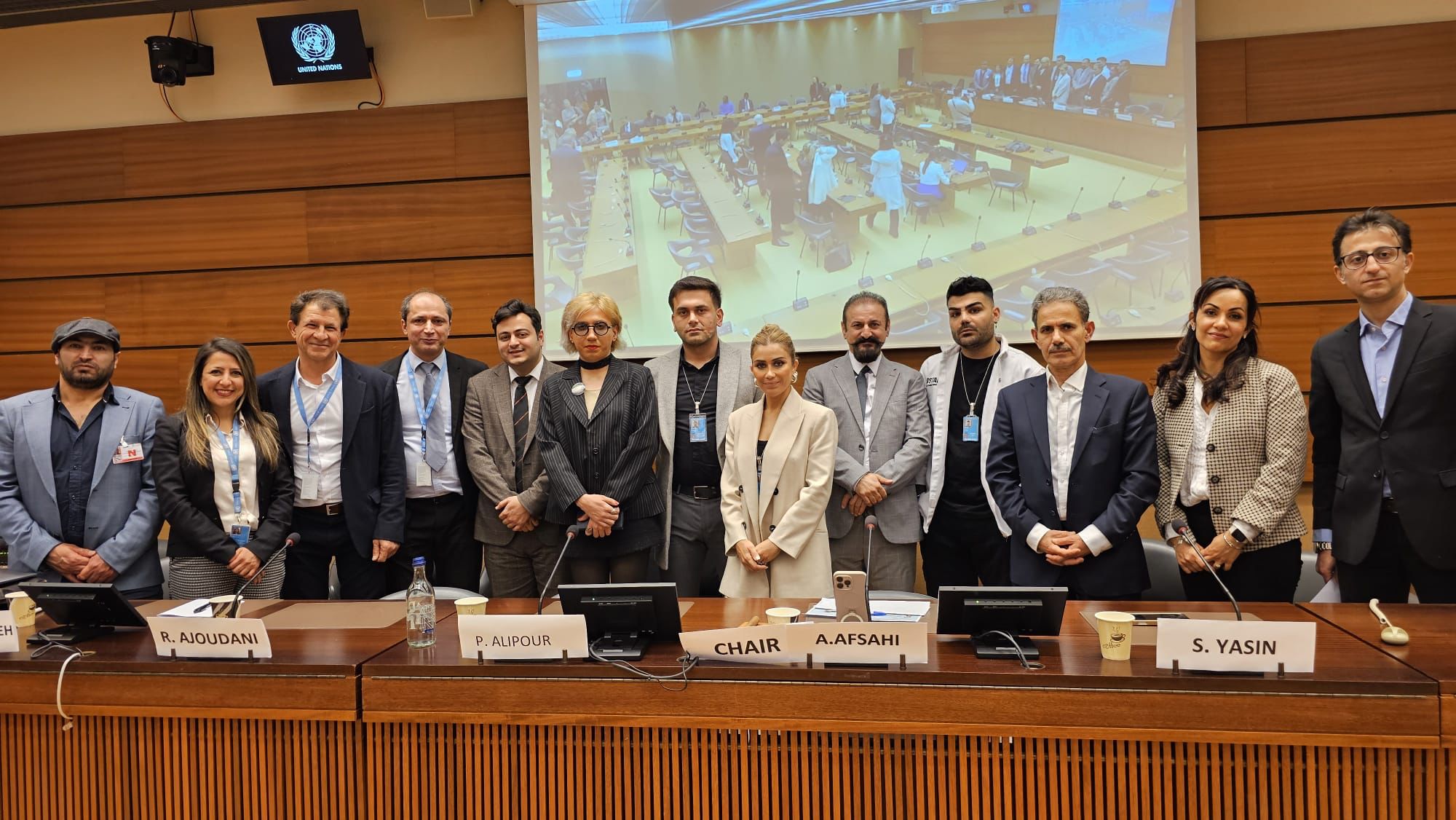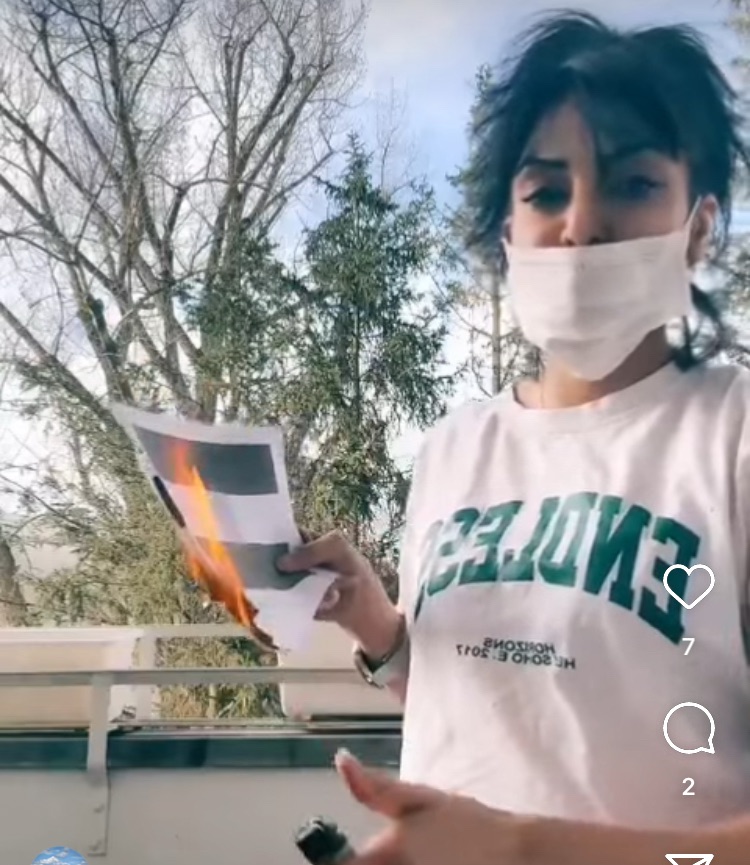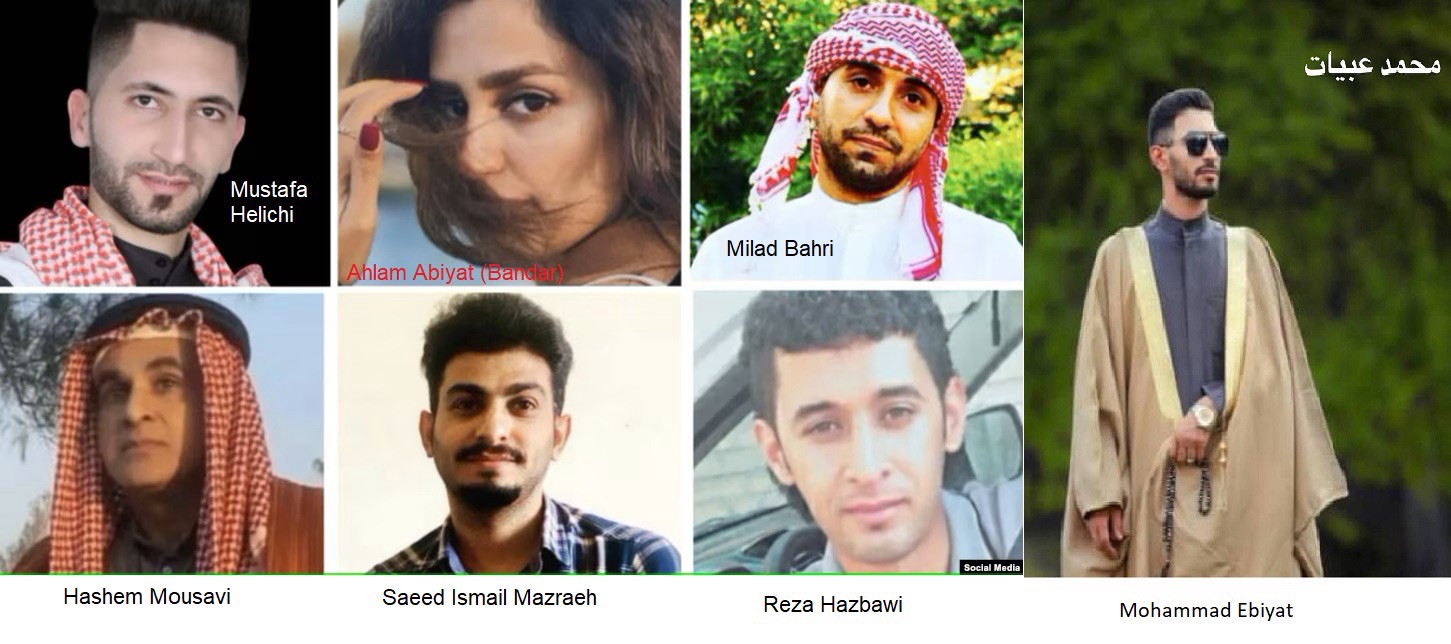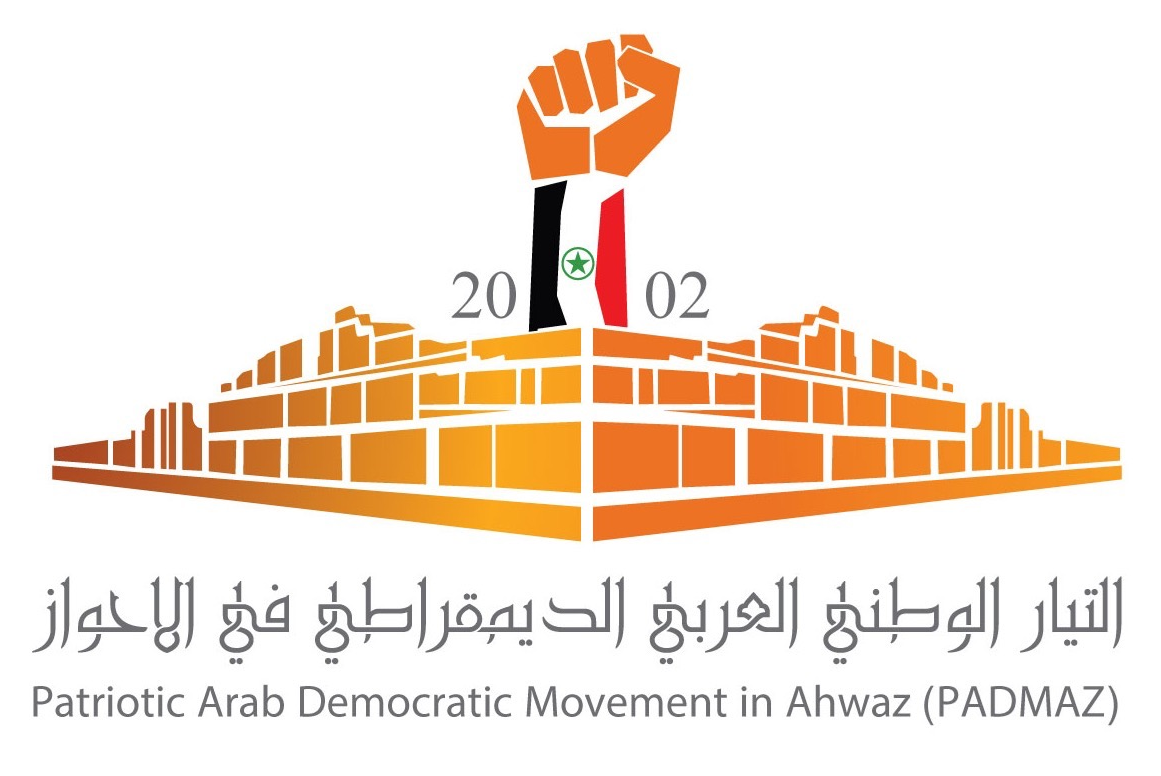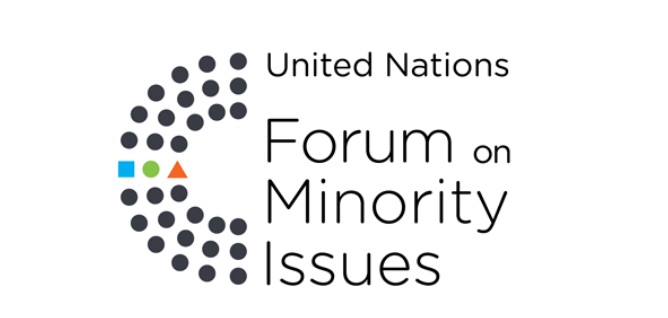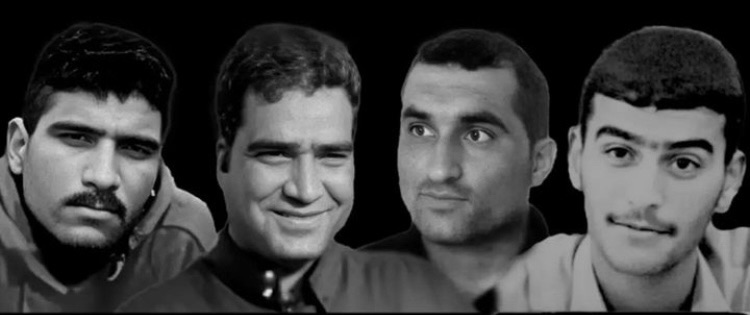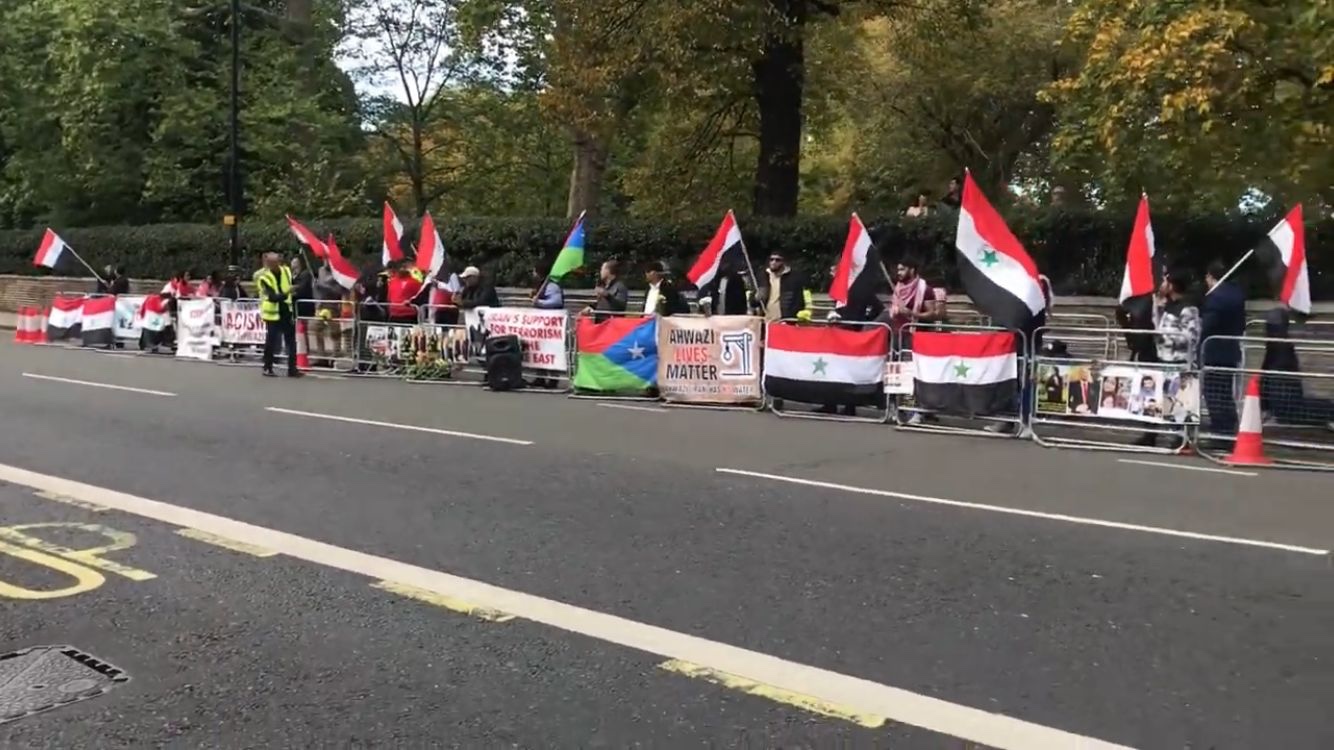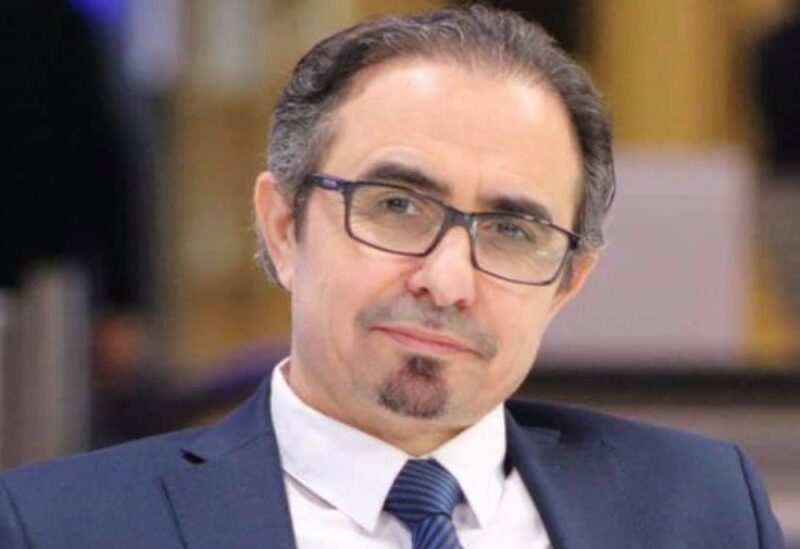Iranian opposition defense against Ahwaz intifada
Following a series of Ahwaz uprisings (intifada), the Ahwazi people demonstrated in support of the victims of the Iranian government’s corruption and racial discrimination in Abbadan, in many cities and regions; and for more than a week demonstrations against the central Iranian government continued in the streets of Ahwaz.
What happened in Abbadan is very similar to the drying up of rivers and wetlands, the confiscation of hundreds of thousands of Arab farmers’ lands by various organs of the Iranian government. The marginalization of the Arabs, the indigenous of Ahwaz, and the monopoly of the management of this region on the non-native Persian and Lor officials, has caused the officials not to pay any attention to the interests of the natives and to implement only the government’s security policies against the Arabs.
While the Arab people have risen up against the corruption of the central government and its anti-Arab policies, and their intifadas have continued unabated for the past two decades, the Iranian centralist opposition abroad has waged a passive defense against the intifada to prevent and block the voice of the Arab nation of Al-Ahwaz and do not allow the struggles of this nation to take on a wider dimension.
In the Persian-language media abroad, the opposition refuses to mention the identities of the protesters and their demands, covering the events of Abbadan such as the former intifadas in Ahwaz, thus boycotting the names of the Arab people and their slogans and demands. Instead the opposition went to one or two people or a small group of non-Arab people who chanted Persian and suspicious slogans such as “God bless Reza Shah” and tied all the protests of this magnitude with the names of the Lors and such slogans. The media also called on anti-Arab and racist analysts to comment on the protests and did not allow any Ahwazi activists to comment.
For nearly a century, the Arab people have been suffering from all kinds of poverty, misery, murders and massacres and hunger from the anti-Arab policies of Reza Shah, Mohammad Reza Shah and the Islamic Republic of Iran. These people who have reached the bottleneck cannot stand any centralism at all; The integrity of the Al-Ahwaz People’s Movement is aimed at freeing itself from the yoke of the central government, and there are no exceptions to this.
The names of the cities and the language in which people chanted slogans have also been attacked by the Persian opposition media. These media have used Arabic slogans as hostile and a threat to Iran’s national security, as well as fake Persian names for Ahwazi cities as a red threat and attacking Arabic names.
The Al-Ahwaz People’s Civil Movement, with its continuous intifadas, has made Ahwaz the main center of the struggles of non-Persian nations against centralism. The continuation and insistence of the Ahwazis on the continuation of the civil struggle, despite the high costs, the clarity of this Ahwazi struggle in concepts and the tendency to decentralize the political system, more than ever brought the main challenge in Iran to the surface and set a clear horizon for non-Persian nations.
It is no coincidence that the elements attacked by the Persian opposition are the Arabic names of the cities of Ahwaz, the Arab identities of the demonstrators, and the opposition’s support for the presence of immigrants and demographic change plans against Arabs, accusations of separatism and territorial integrity.
What we are witnessing in Ahwaz during its continuous intifadas is the confrontation of the forces demanding the political decentralization of power against the centralists who believe in one culture and one language. This is where the hidden secret of the opposition’s defense against the Ahwaz intifada can be found.
The support of the people of South Azerbaijan to the protests of the people of Al-Ahwaz and the statements of the Baluch, Turkish, Kurdish and Gilak parties all show that the Ahwazi resistance is bearing fruit and the nations have become more hopeful of forming a great front against centralism.
PADMAZ

